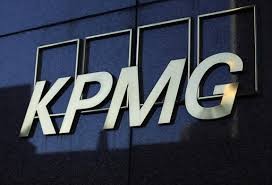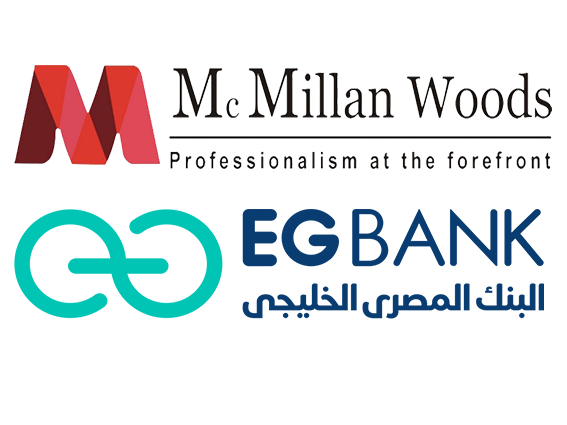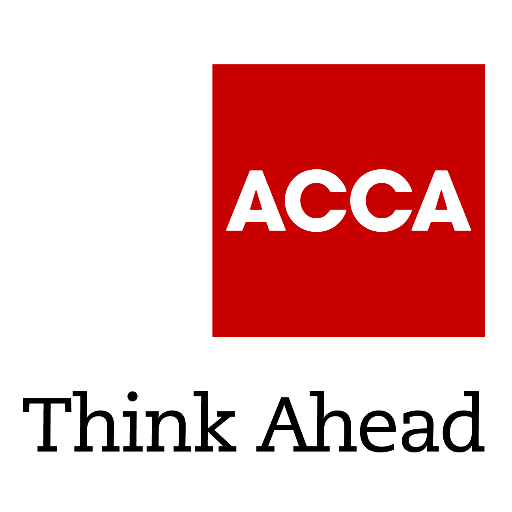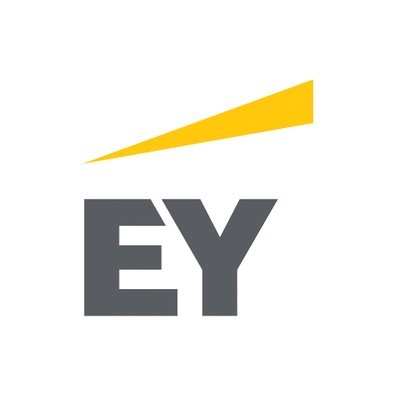The effect of the blockchain on accounting & business

Blockchain has the potential to increase the efficiency of the process of accounting for transactions and assets, operating as a system of universal entry bookkeeping. This would create certainty over rights and obligations and provenance, which in turn would empower the accountancy profession to expand its scope to record more types of activity than before, and to drill down closer to the economic reality underpinning the transactions recorded.
The key features of blockchain are that:
new transactions originate with one user but propagate to a network of identical ledgers, without a central controller;
all transactions and records are permanent, unable to be tampered with or removed; and
many blockchains are programmable, allowing for automation of new transactions and controls via ‘smart contracts’.
In this paper, we explain how the technology differs from the familiar, and how these features drive the potential applications of the blockchain.
While there are undoubtedly some technological and legal challenges to solve before blockchain can be fully bedded into the financial recordkeeping systems of the world, the accountancy profession’s unique combination of technical and business knowledge makes it particularly well-suited to helping design the environment and solutions that blockchain will rely on. The blockchain is a combination of an economically-incentivized business model and clever supporting technology; by working with blockchain specialists, accountants can help to form the standards that will drive blockchain forward.










